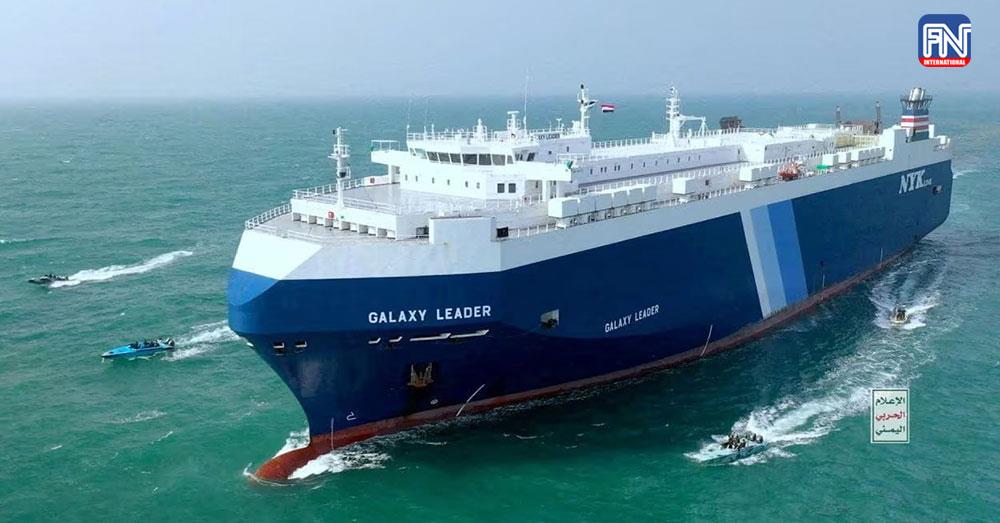WASHINGTON/MADRID/ROME, Dec 28 (Reuters) - U.S. President Joe Biden hoped to present a firm international response to Yemen's Houthi attacks on Red Sea shipping by launching a new maritime force, but a week after its launch many allies don't want to be associated with it, publicly, or at all.
Two of America's European allies who were listed as contributors to Operation Prosperity Guardian - Italy and Spain - issued statements appearing to distance themselves from the maritime force.
The Pentagon says the force is a defensive coalition of more than 20 nations to ensure billions of dollars' worth of commerce can flow freely through a vital shipping chokepoint in Red Sea waters off Yemen.
But nearly half of those countries have so far not come forward to acknowledge their contributions or allowed the U.S. to do so. Those contributions can range from dispatching warships to merely sending a staff officer.
The reluctance of some U.S. allies to link themselves to the effort partly reflects the fissures created by the conflict in Gaza, which has seen Biden maintain firm support for Israel even as international criticism rises over its offensive, which Gaza's health ministry says has killed more than 21,000 Palestinians.
"European governments are very worried that part of their potential electorate will turn against them," said David Hernandez, a professor of international relations at the Complutense University of Madrid, noting that the European public is increasingly critical of Israel and wary of being drawn into a conflict.
The Iran-backed Houthis have attacked or seized a dozen ships with missiles and drones since Nov. 19, trying to inflict an international cost over Israel's campaign, which followed the Oct. 7 rampage in southern Israel by Hamas militants that killed 1,200 people and took 240 hostages.
The navies of the United States, Britain and France have each shot down Houthi-launched drones or missiles.
A person familiar with Biden administration thinking said the U.S. believes escalating Houthi attacks call for an international response separate from the conflict raging in Gaza.
The Rea Sea is the entry point for ships using the Suez Canal, which handles about 12% of worldwide trade and is vital for the movement of goods between Asia and Europe. Houthi attacks have seen some ships rerouted around Africa's Cape of Good Hope, substantially increasing sailing time and costs.
Denmark's giant container firm Maersk said on Saturday it would resume shipping operations in the Red Sea and the Gulf of Aden. But Germany's Hapag Lloyd said on Wednesday it still believes the Red Sea is too dangerous and will continue to send ships around the Cape of Good Hope.

Photo from Reuters

